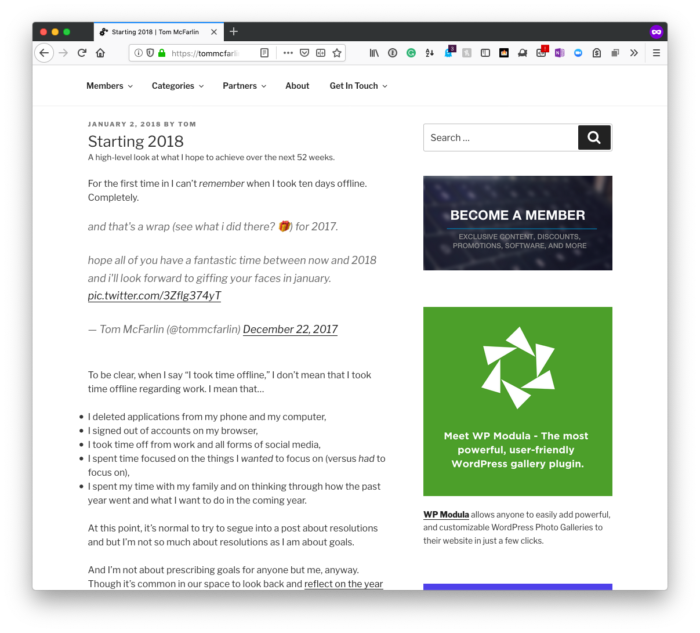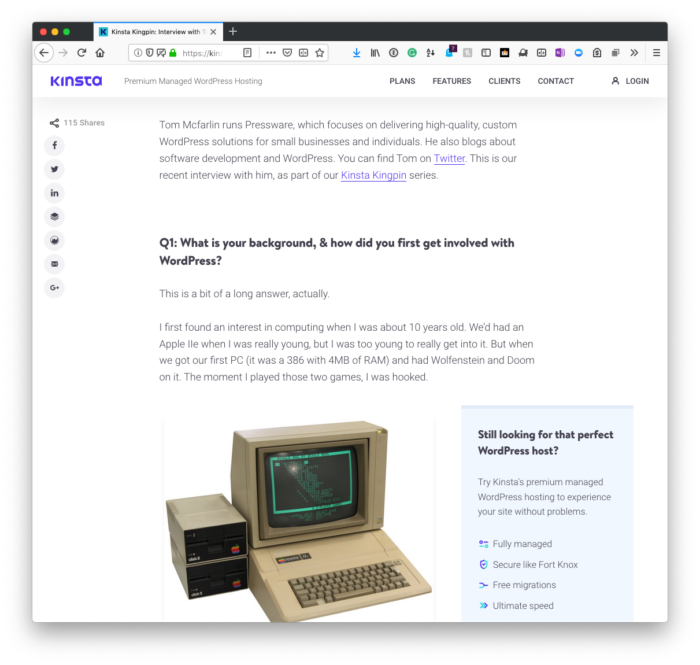Whenever you’re building a plugin that introduces a submenu, and you’re using the proper APIs, you’re going to be creating an administration page (whether or not it has settings).
When doing this, though, you can also introduce a plugin settings link. These are the links that appear under the name of the plugin from in the plugin dashboard.

If your plugin introduces its submenu item, then it likely introduces its own settings page. And if you’re looking to associate this page with your plugin settings link, it’s really easy to do.



